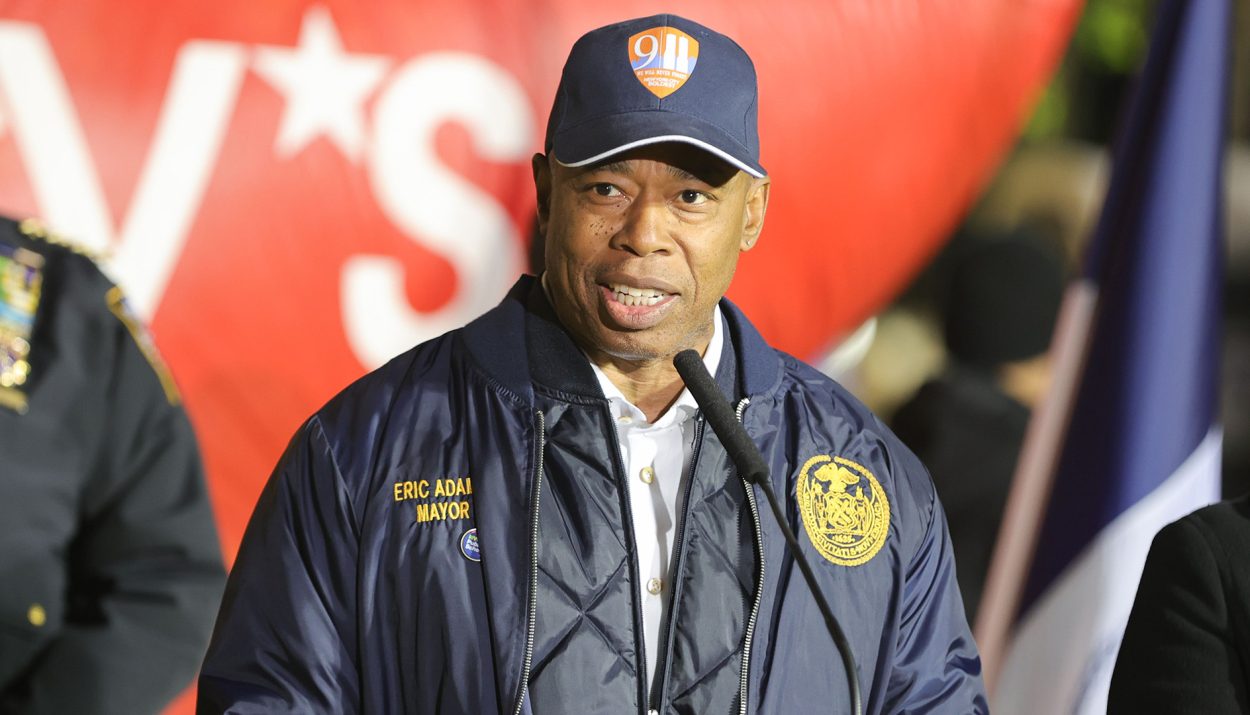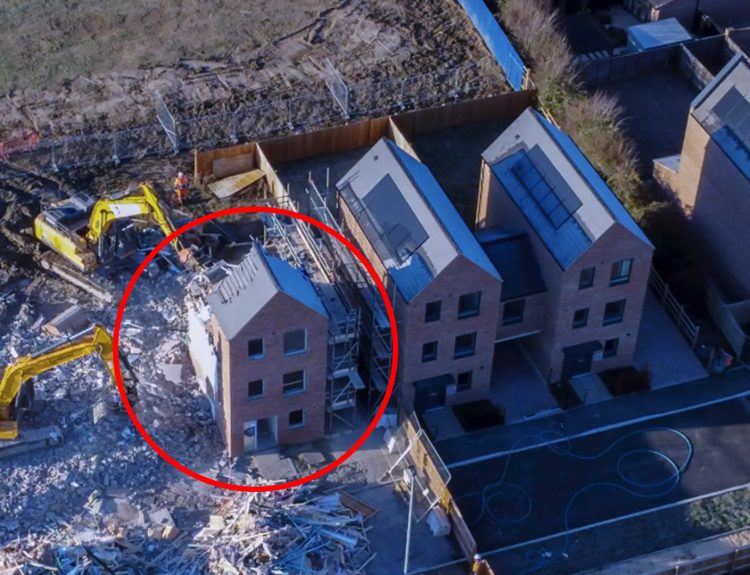The Big Apple is once again biting into landlords’ profits. With New York City extending rent controls for another three years, tenants are cheering while property owners are left with a sour taste. Though the policy aims to provide rent relief for over a million stabilized units, critics argue it strips landlords of their rights.
This controversial move has sparked intense debate between advocates and opponents, putting the city at the center of the affordable housing crisis. As housing demand surges, the battle over rent regulations rages on.
New York City Extends Rent Stabilization Law Through 2027
The New York City Council voted unanimously to extend the Rent Stabilization Law (RSL) for another three years.
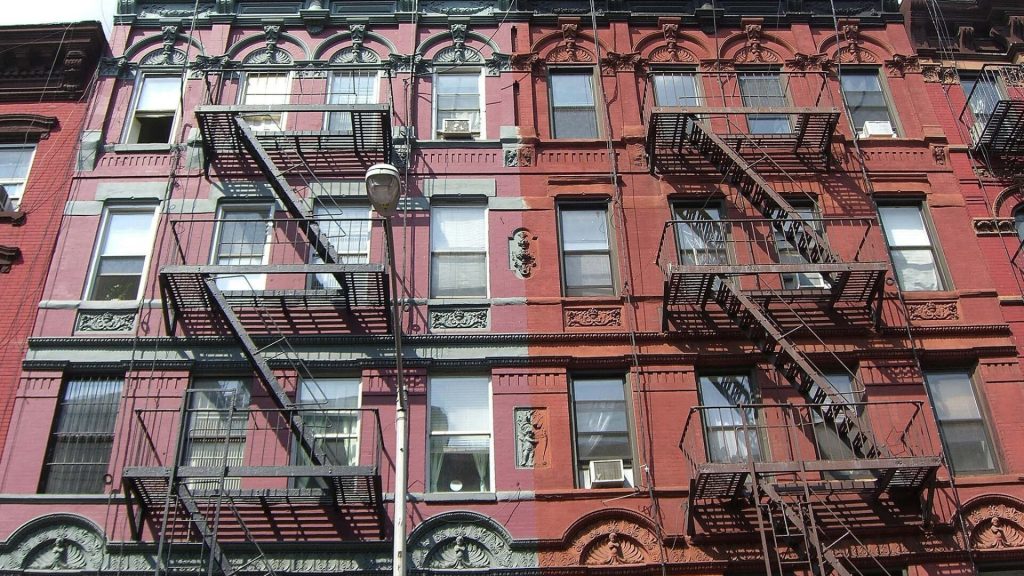
First enacted in 1969, the RSL limits how much landlords can increase rents for about 1 million rent-stabilized apartments housing over 2.4 million tenants.
Protecting Affordable Housing
Extending the RSL aims to protect affordable housing for working-class New Yorkers. With rents rising and vacancy rates below 2% last year, the law shields tenants from exorbitant rent hikes and arbitrary evictions.
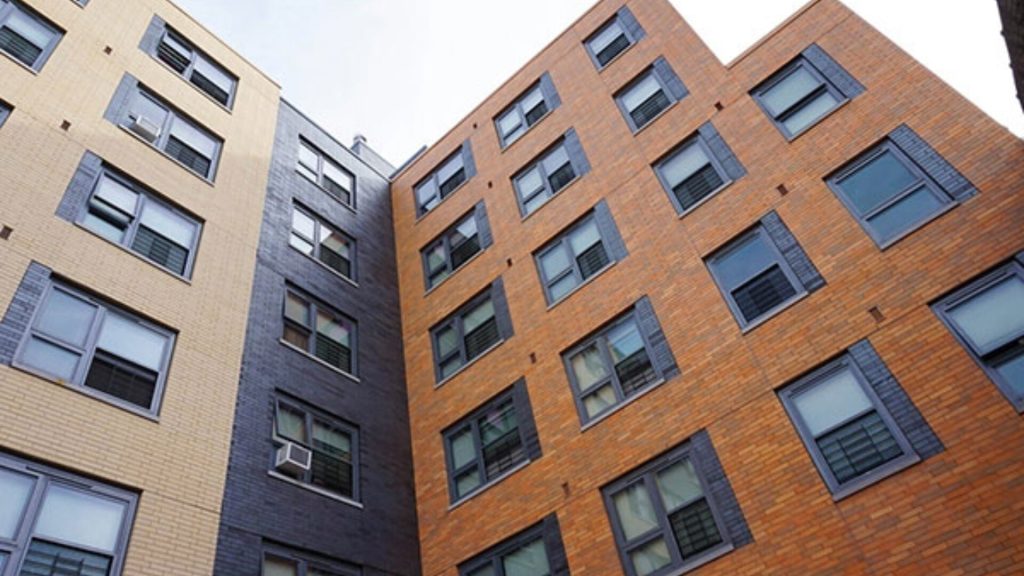
Housing advocates celebrated the extension, while landlords argued it cuts into profits and investment.
Pushback from Landlords
Landlord groups oppose the law, saying it violates property rights by capping rents and making evictions difficult. The Rent Stabilization Association called the policy “an arbitrary system that set rents without regard for the actual costs of operating a building.”

They argue deregulating rents would boost investment in housing. So far, their legal challenges have failed, with the Supreme Court denying reviews of the law.
What Does the Rent Stabilization Law Do?
The Rent Stabilization Law controls rent increases for tenants living in rent-stabilized apartments. Under the law, the Rent Guidelines Board determines the maximum percentage of annual rent that landlords can increase based on current rental market conditions.

The law also provides protections for tenants against unfair evictions. Landlords must have a valid reason to evict rent-stabilized tenants, such as nonpayment or damaging property.
Tenant Rights Under The Rent Stabilization Law
The law guarantees tenants several rights, including the right to a written lease, essential services like heat and hot water, and lease renewals. Tenants have the right to a one- or two-year lease renewal, and landlords cannot refuse to renew a lease without cause.

The law also gives tenants the right to form tenant organizations and bars landlords from harassing or retaliating against tenants who exercise their rights.
A Balancing Act For Both Tenants and Landlords
The rent stabilization system aims to balance the rights of tenants and landlords. While it limits how much landlords can increase rents each year, it allows for reasonable rent increases and profits.
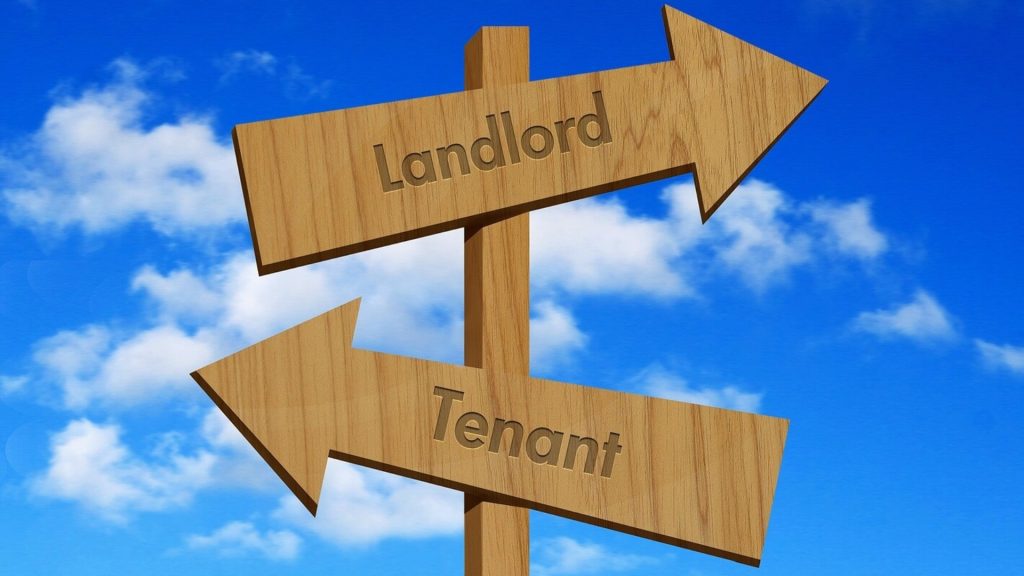
However, some landlords argue the law is unfair and reduces their income and ability to maintain buildings. Tenant advocates counter that the law is necessary to prevent price gouging, displacement, and homelessness.
Why Did NYC Extend the Rent Stabilization Law?
Extending the law aims to shield lower-income renters and families from exorbitant rent hikes and evictions, with New York City’s vacancy rate at just 1.41%.

This is the lowest it has been in decades—and with a shortage of affordable housing, vulnerable renters have few options if rents increase drastically or they face eviction. Keeping rents stable allows more people to stay in their homes.
The Rent Stabilization Law Promotes Affordable Housing
New York City considers affordable housing a top priority. The Rent Stabilization Law is a key tool for maintaining affordable rental units and preventing gentrification that could displace long-time residents.
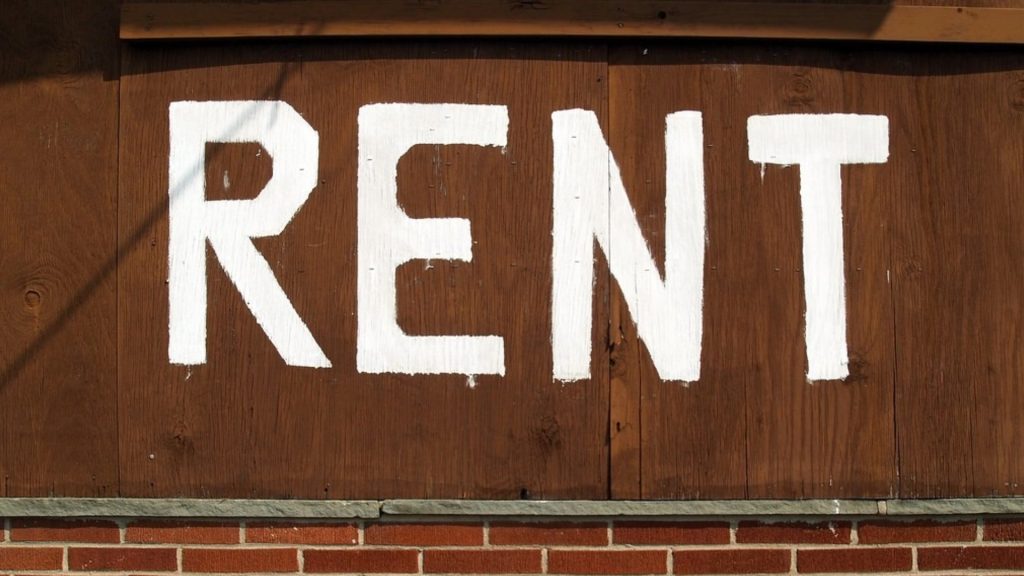
While some landlords argue that limiting rent increases prevents them from investing in buildings, tenant advocates counter that landlords have opportunities to profit while providing essential affordable housing.
Responding to Calls for Action
Housing advocacy groups have pushed for extending the Rent Stabilization Law, citing New York City’s “housing emergency.”

With rents rising and available housing scarce, advocates argue that rent stabilization is necessary to prevent homelessness and ensure that the city remains livable for people of all income levels.
How Many Apartments Are Affected by Rent Stabilization?
The Rent Stabilization Law in New York City affects over one million rent-stabilized apartments, which make up roughly 44 percent of all rental units in the city.
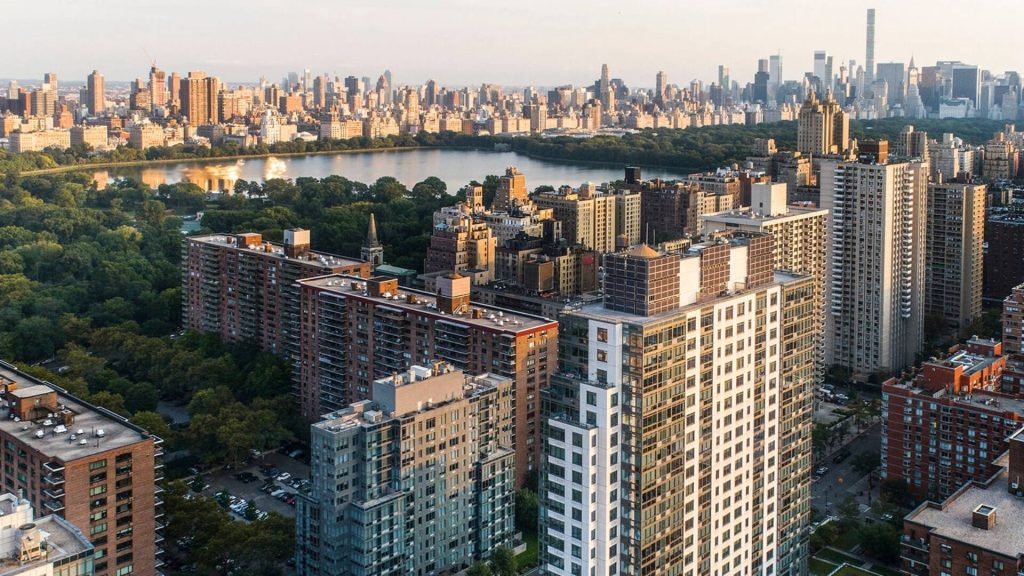
Nearly half of all tenants benefit from the law’s protections and regulations. With the city’s vacancy rate declining in 2022 and more people returning after the pandemic, rent-stabilized housing has become increasingly important.
Caps on Rent Increases in 2021
According to the NYC Rent Guidelines Board, landlords were only permitted to raise rents by 2.75 percent for one-year leases and 3.2 percent for two-year leases in 2021.
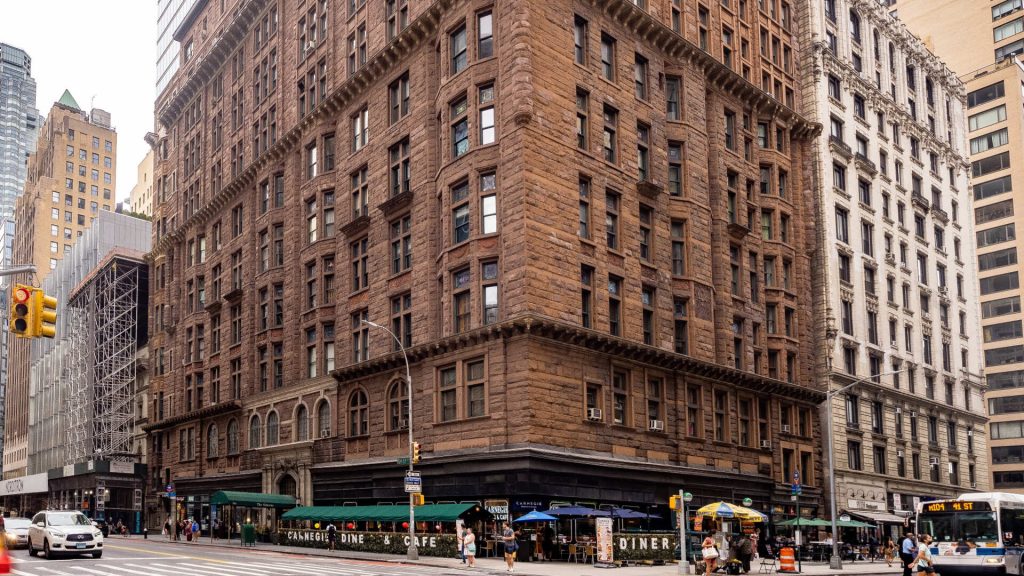
These caps help prevent sudden, unaffordable rent hikes for tenants. While some landlords argue the law reduces their profits and ability to maintain buildings, tenants’ rights groups say it’s necessary to prevent displacement and homelessness.
Conversion of Residential Buildings To Rental Residential Units
The city has also made recent efforts to convert commercial buildings into residential units to increase the availability of affordable housing. As part of the “City of Yes” initiative, officials aim to rezone parts of the city to allow new types of development.
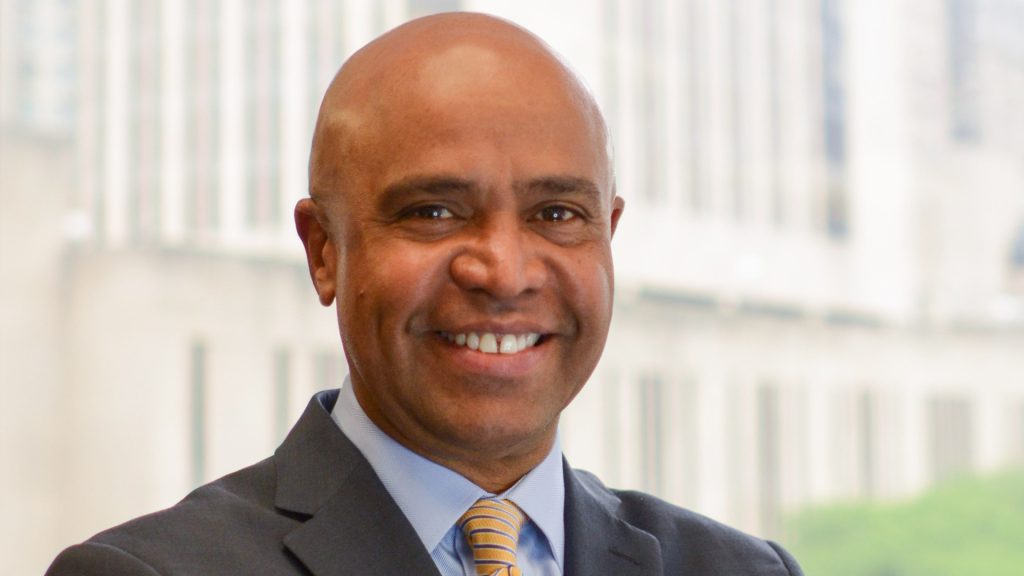
“Declaring a housing emergency and extending rent stabilization another three years is a necessary step to protect some of the most vulnerable renters from unaffordable rent increases, but it does not get us out of this crisis,” said Adolfo Carrión Jr., commissioner of the NYC Department of Housing Preservation and Development.
Landlords Denied Multiple Requests By Supreme Court
Though landlords oppose the law and have petitioned the courts to overturn it, the U.S. Supreme Court has denied their requests multiple times.
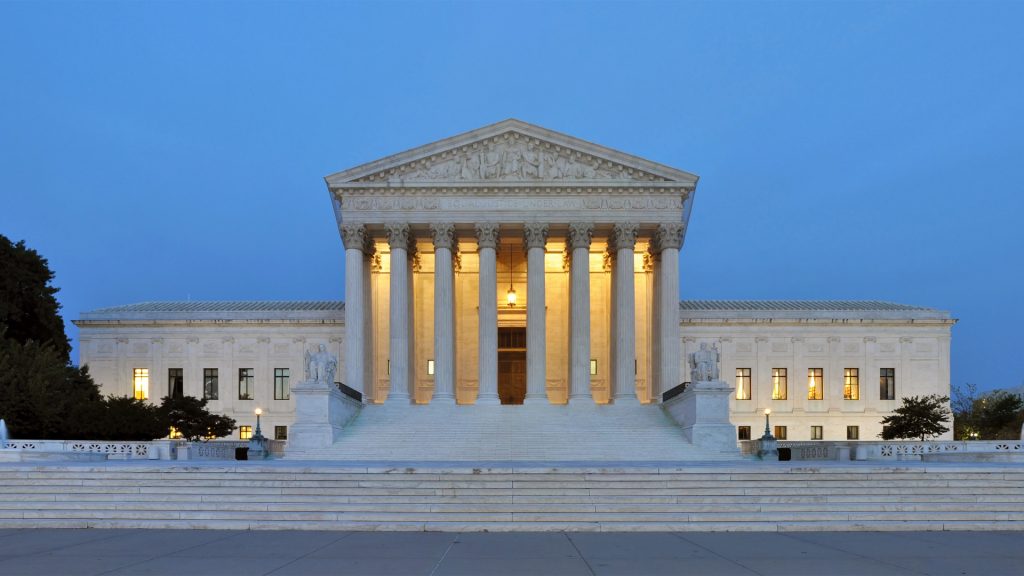
The Rent Stabilization Association of New York argues the law limits owners’ property rights by arbitrarily controlling rents while costs like property taxes remain high.
What Do Landlords Think About the Extension?
Landlords in New York City have expressed frustration over the extension of rent stabilization laws for another three years. Many property owners feel the laws cut into their profits and ability to improve their buildings.
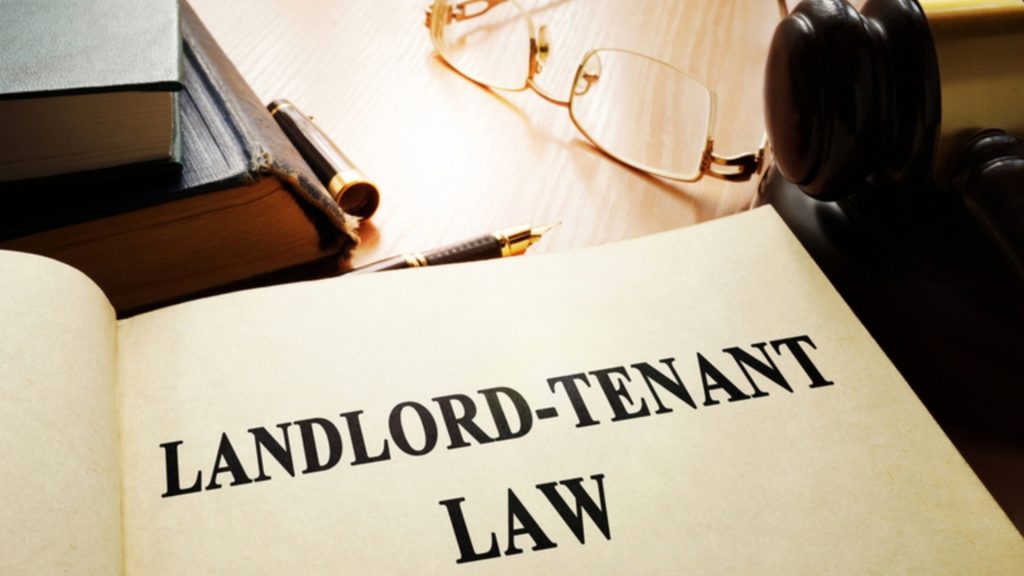
According to reporting from local media, the Rent Stabilization Association of New York has called on the city to “unfreeze” rents, arguing the law “arbitrarily sets rents” while property taxes remain high.
Loss of Control and Revenue
The rent stabilization laws significantly curb landlords’ control over their properties. They cannot freely set rental rates or easily evict tenants. This limits their revenue and profits.

Some landlords have petitioned the courts, unsuccessfully, to overturn the laws on the grounds they violate property rights.
Capped Rent Rates Making It Hard To Make Improvements on Properties
Landlords claim that capped rent increases make financing of building improvements and maintenance difficult. They argue that without the ability to raise rent-to-market rates, they cannot afford costly repairs and renovations.
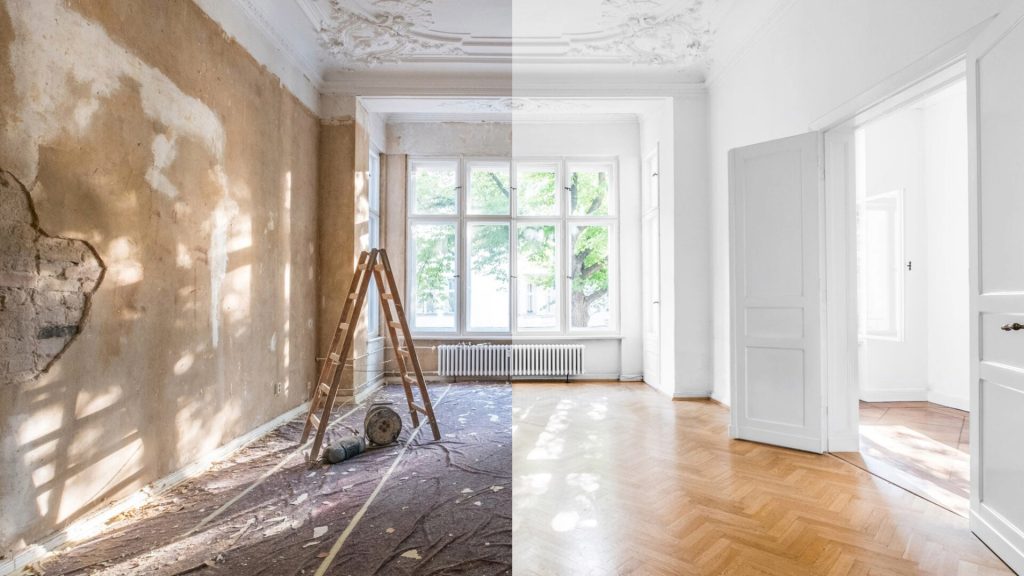
Tenant groups counter that rent stabilization does not preclude rent increases for building-wide improvements, as approved by the city’s Rent Guidelines Board.
What Other Actions Is NYC Taking on Housing?
The city is also taking action to build and preserve more affordable housing. The mayor announced a plan to construct or rehabilitate 300,000 affordable homes over the next decade.
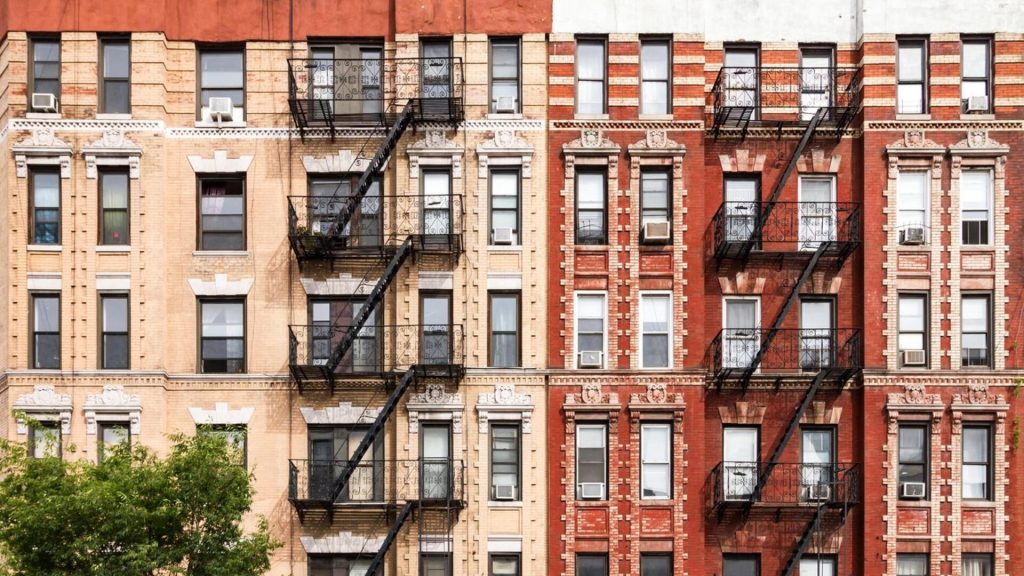
The city will use a combination of tax incentives, zoning tools, and public funding to encourage private developers to build affordable units.
What Do Tenant Advocates Say About the Move?
Tenant advocates celebrated the city’s decision to extend rent stabilization laws for another three years. They argue that the protections are critical for safeguarding affordable housing for working-class New Yorkers.
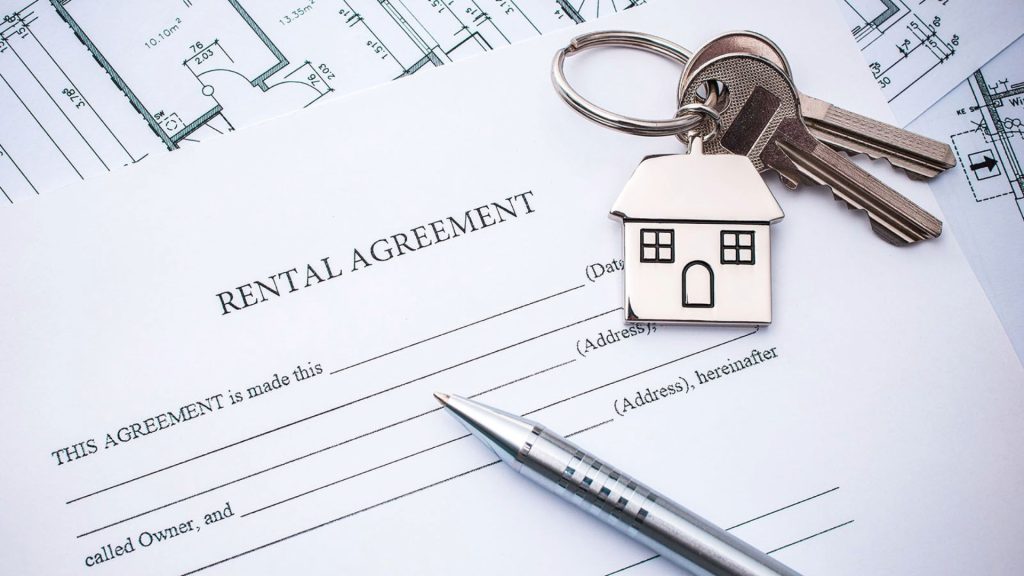
With rents rising and vacancy rates declining across the city, tenant groups say rent stabilization is necessary to prevent vulnerable renters from facing unaffordable rent hikes or evictions.
What Happens Next for NYC Housing Policy?
With rent stabilization extended for another three years, New York City tenants can breathe a sigh of relief knowing their rent won’t skyrocket overnight.
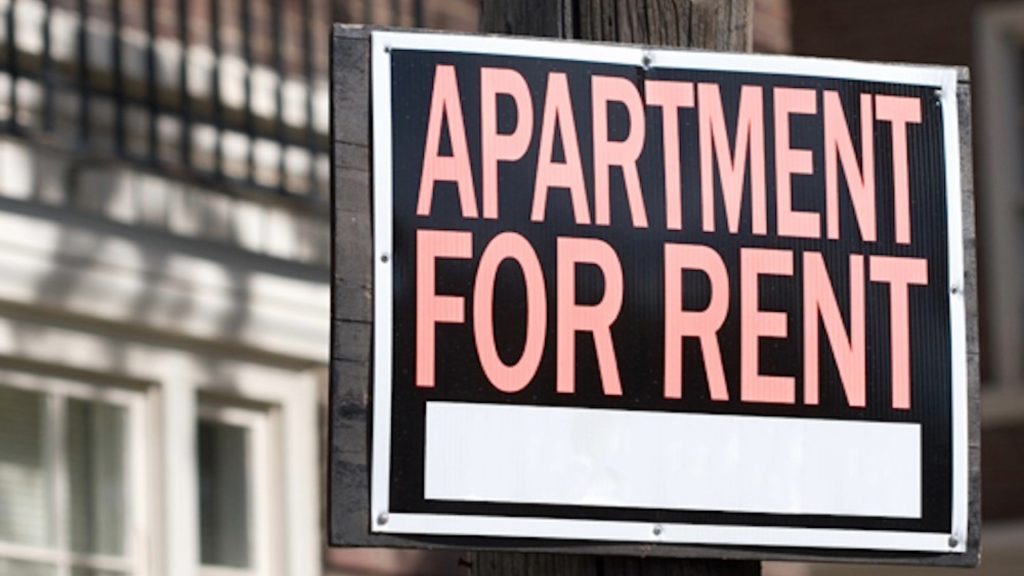
However, the city still has a long way to go to solve its affordable housing crisis. From now on, policymakers will likely consider additional measures to increase the supply of affordable housing and support renters.
Tenants Protection Laws are Here To Stay
Tenant protections are also likely to remain in place or even expand. Limits on rent increases, eviction restrictions, and requirements to provide essential services ensure that renters have safe, stable housing.
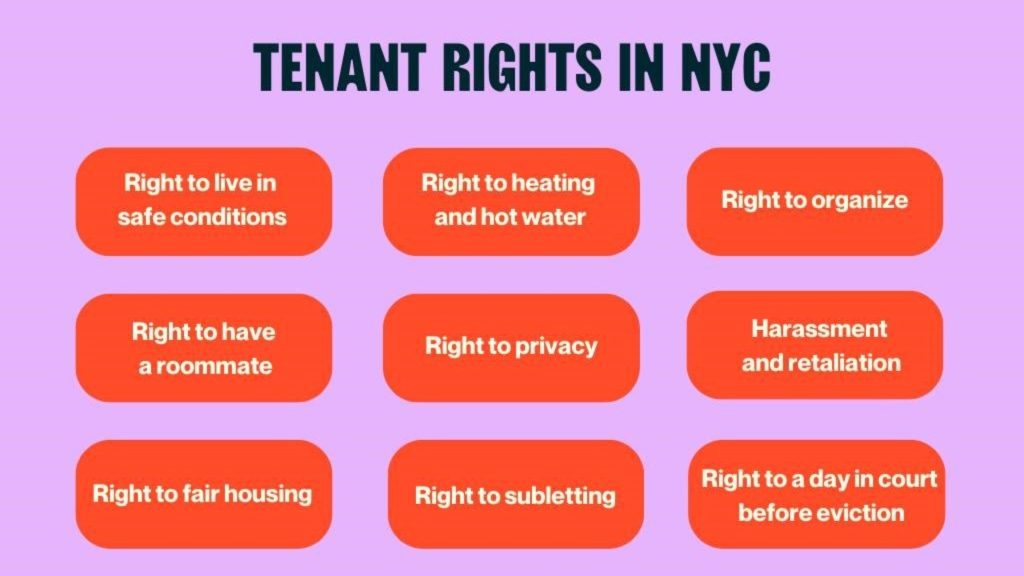
Rent control and stabilization have been controversial, with landlords arguing that they cut into profits and discourage investment in housing.

